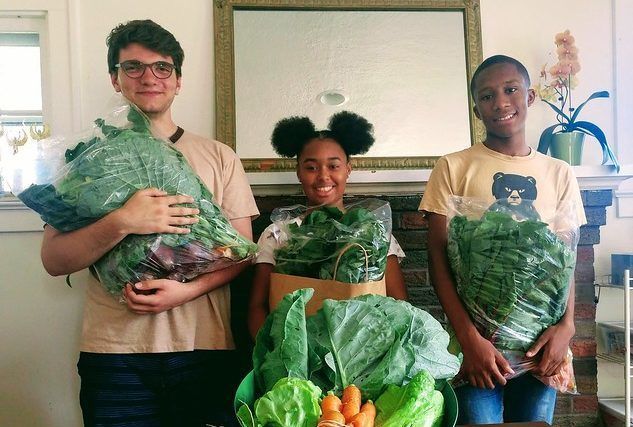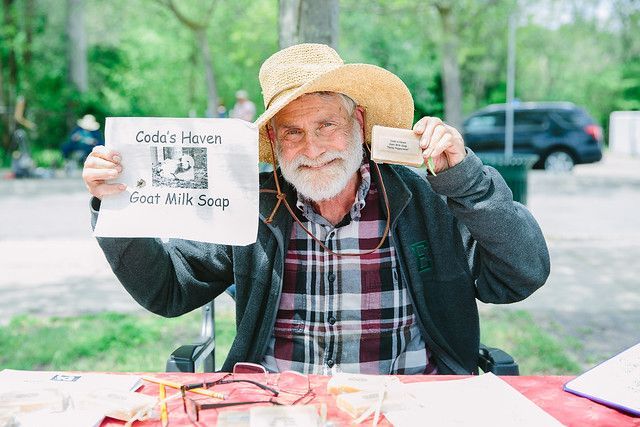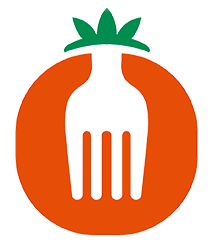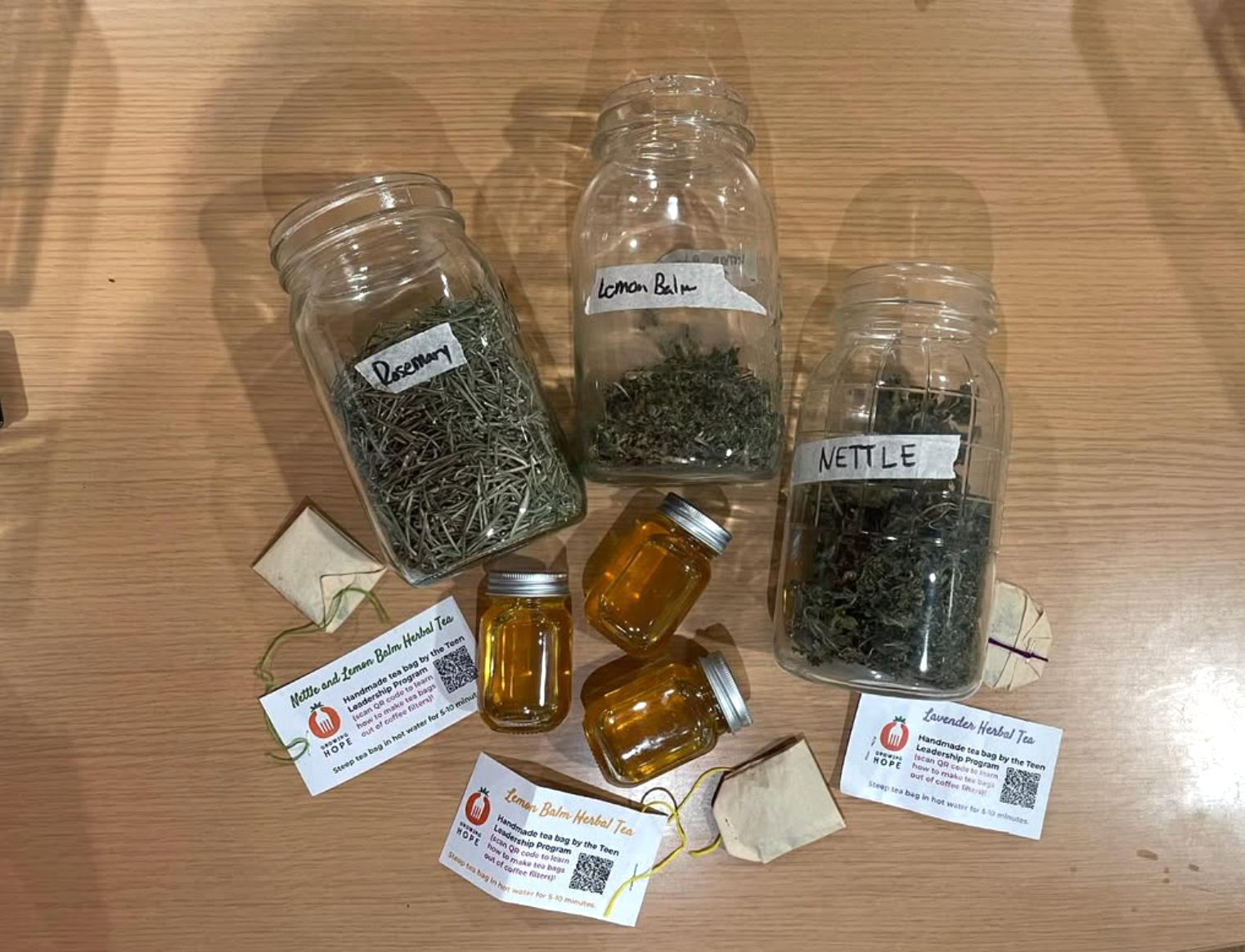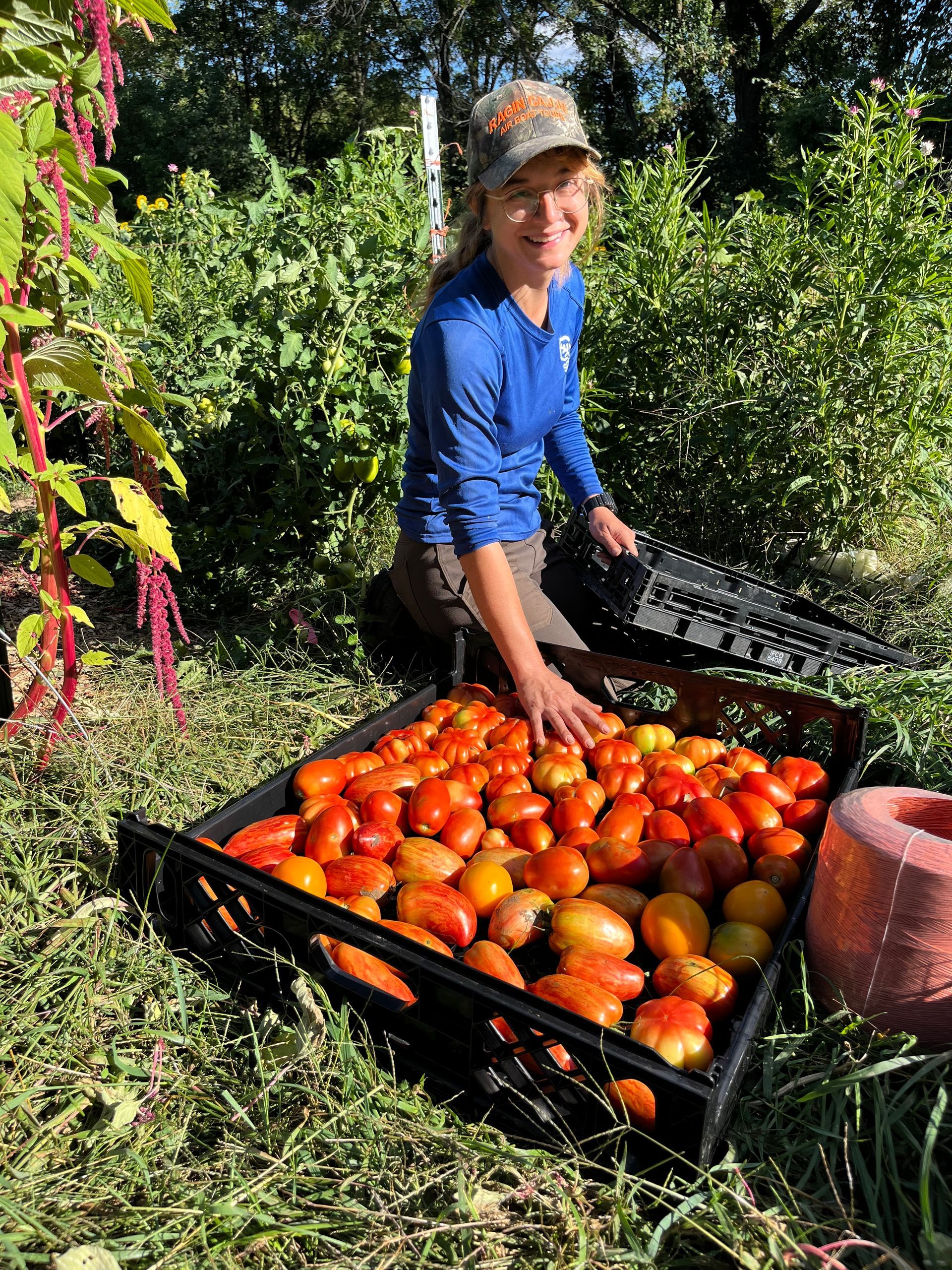Article
Beyond Buying
Councilmember Desiraé Simmons on the Power of the Farmers Market
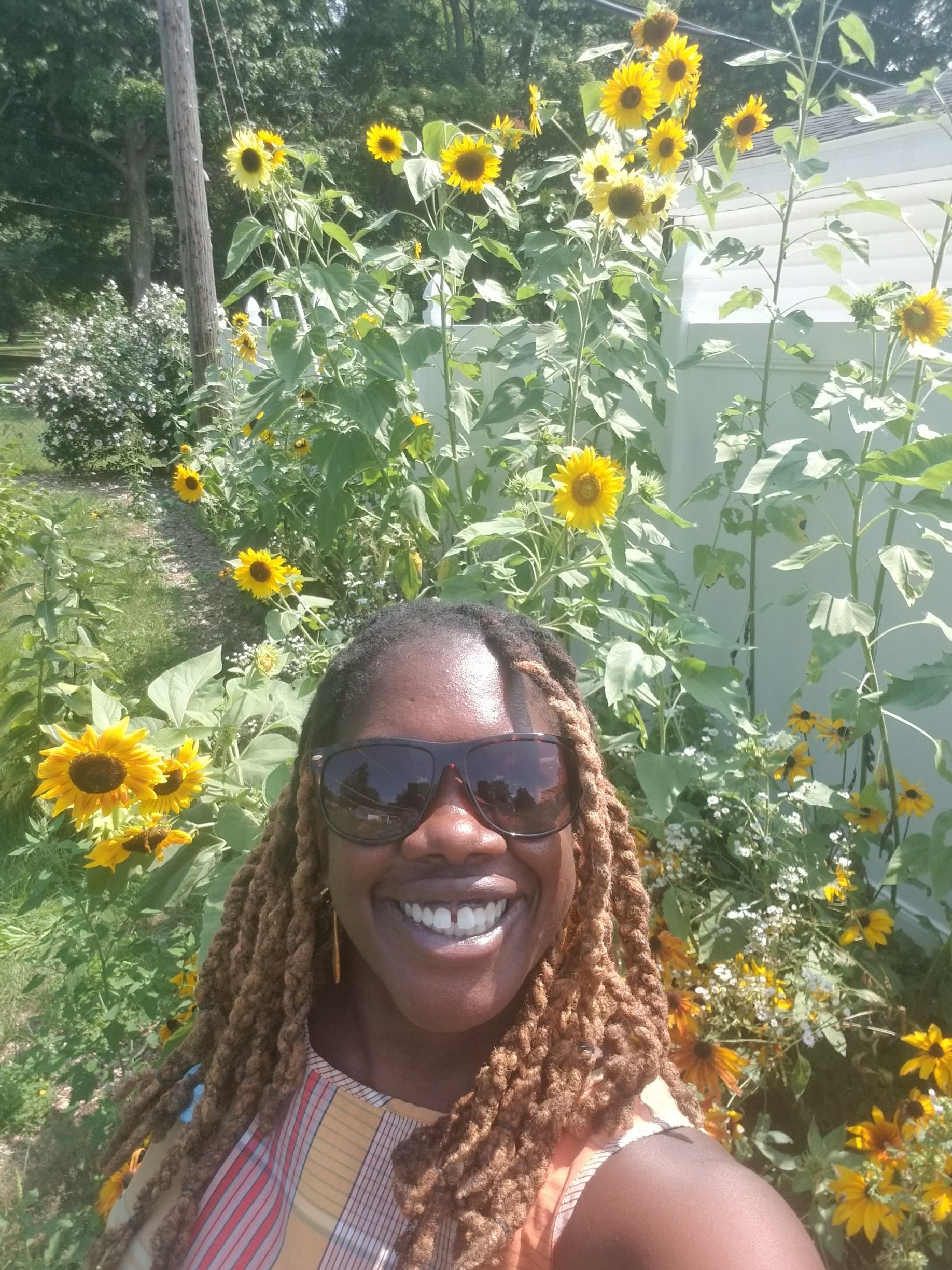
Farmers markets exist at the intersection of economy, food justice, and community. They are spaces where fresh food meets real relationships, where small businesses take root, and where local purchasing power turns into collective impact. But beyond that, they are spaces where time slows down, where neighbors reconnect, and where a local economy is built—not through policy alone, but through people showing up, week after week.
Councilmember Desiraé Simmons, who represents
Ward 3 in Ypsilanti, has seen firsthand how markets like this shape the way a city moves forward. We sat down with her to talk about the
economic, social, and cultural power of farmers markets, and what it means for Ypsilanti as the market moves downtown this season.
"A Farmers Market is an Economic Engine"
Julius Buzzard: We hear a lot about supporting local economies, but often that conversation is focused on big development projects. From your perspective, how does a farmers market serve as an economic engine for Ypsilanti?
Desiraé Simmons: There are so many ways! One of the biggest is that it allows small, home-based businesses—cottage food makers, bakers, growers—to sell their products directly to the people who live here. It’s accessible entrepreneurship in action.
It also builds consumer confidence. People know exactly where their food is coming from, who grew it, how it was made. When people have that level of trust, they’re more likely to shop in a way that aligns with their values.
Access, Choice, and Food Justice
JB: The Ypsilanti Farmers Market has been a leader in making fresh, local food accessible. What’s the broader impact of that work?
DS: One of the most powerful things about this market is that food assistance doesn’t limit choice. If you’re using SNAP, WIC, or Double Up Food Bucks, you’re not just taking what’s given to you—you’re choosing the food that’s right for you and your family.
That choice is huge. It means people are getting fresh, high-quality food, even on assistance. And it creates this incredible mixed-income space where everyone, regardless of how they pay, is shopping side by side, interacting, and being in community together.
A Market That Moves With the City
JB: This year, the market moves downtown—a big shift. From a city planning perspective, what does this move mean for Ypsilanti?
DS:
We’ll miss having the market in Depot Town—Ward 3 has loved hosting it. But moving downtown means the market becomes more central, more accessible, and more visible.
It’s part of the bigger picture of making downtown Ypsi vibrant and full. With the market here, people won’t just shop for food—they’ll explore other local businesses. I’m really excited to see how those connections grow.
Farmers Markets as a Gathering Place
JB: Sometimes, government work can feel removed from the day-to-day lives of residents. But markets like this are a place where policy meets people. How do you see that playing out?
DS: Farmers markets are spaces of assembly. They bring people together in ways that influence how we think about community needs and solutions.
It’s hard to imagine Ypsi before the market—it’s such an integral part of the city now. And when you look at how it started, it’s a great example of a community-driven solution to food access and economic development. That’s why it’s still here, growing, expanding, evolving.
On a personal level, I love how the market breaks isolation. I know people who come just to see a specific vendor, or to reconnect with folks they might not see otherwise. That’s a powerful thing.
What to Notice at the Market
JB: If someone were visiting the market for the first time—not just to shop, but to understand its role in the community—what would you tell them to look for?
DS: I’d tell them to just watch.
Watch how people move through the space. Notice the rhythm of it—the ritual of showing up, chatting with vendors, seeing what’s in season. Notice the conversations, the small moments of connection.
The market changes how we relate to food, but it also changes how we relate to time. It slows us down, even just for a moment. That’s something I want people to see.
Join Us in Growing This Market
This season, the market is evolving—a new location, new opportunities, and a growing community.
📍 NEW LOCATION: 16 S. Washington Street
🛍️ Opening Day: May 3, 2025 | ⏰ 9 AM – 1 PM
💛 Want to help keep this space thriving?
Become a Friend of the Market today. Your support
keeps this market accessible, equitable, and deeply rooted in Ypsilanti.
share this
Related Articles
Related Articles
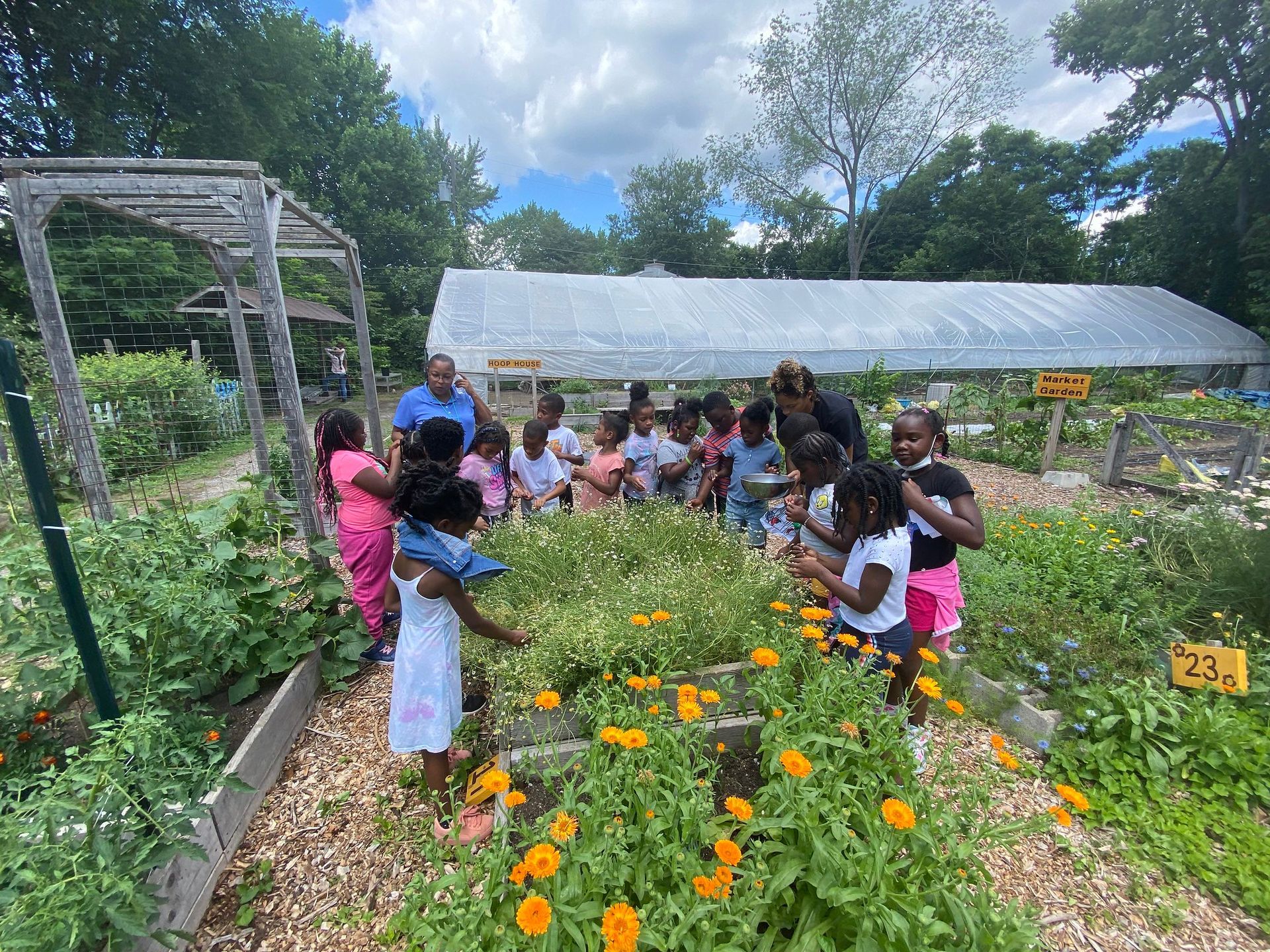
STAY UP TO DATE
GET PATH'S LATEST
Receive bi-weekly updates from the church, and get a heads up on upcoming events.
Contact Us


